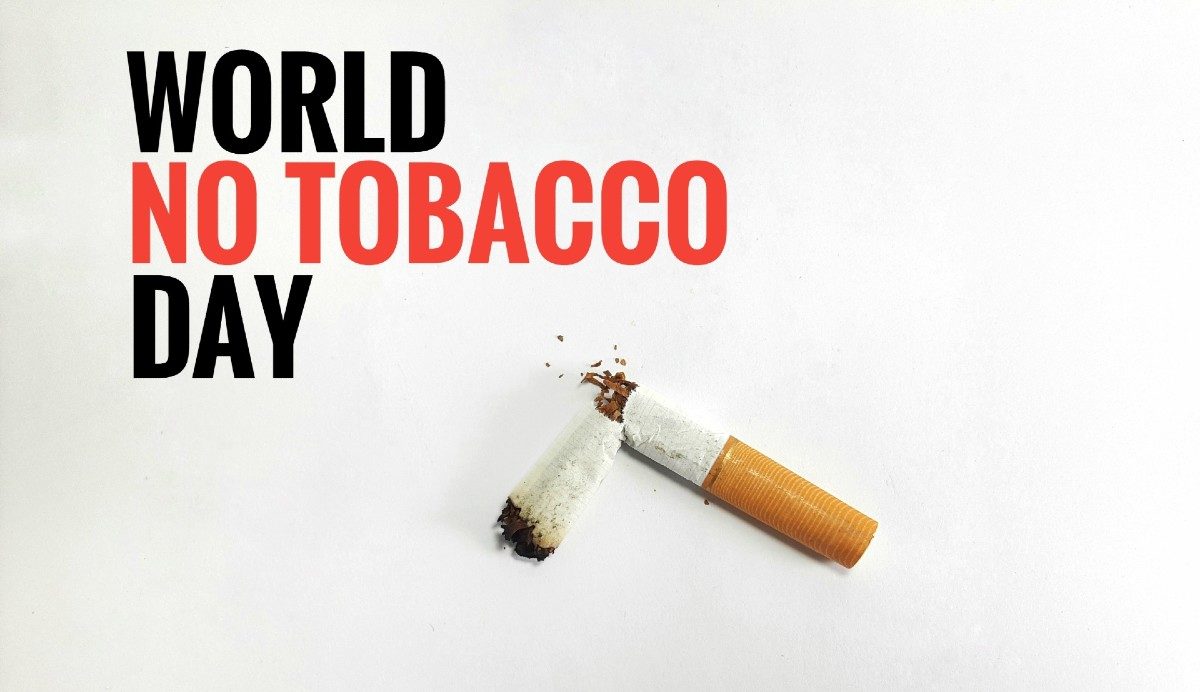Public health advocates and tobacco control groups have criticized players of the tobacco industry for their intervention in preventing effective control globally and their role in undermining the global tobacco treaty, as well as neglect for public health in the place of profits.
Members of the Network for Accountability of Tobacco Transnationals (NATT) expressed the concern at a virtual media workshop ahead of the 10th Conference of the Parties (COP10) to the World Health Organisation Framework Convention on Tobacco Control (WHO-FCTC) and the Protocol to Eliminate Illicit Trade in Tobacco Products (MOP3), holding in Panama from November 20-25 and November 27-30 respectively.
They discussed the key issues and high stakes of the upcoming meetings, being the first in-person treaty summits in five years and submitted that governments, institutions, the WHO and civil society groups must deploy everything within their reach to stop the tobacco industry from achieving its goals in the interest of public health.
Legal Officer, World Health Organisation Framework Convention on Tobacco Control (WHO-FCTC), Sabina Timco Lacazzi, explained that the world loses over 8 million lives to tobacco use and exposure, adding that 183 Parties representing more than 90 percent of the world’s population observe the treaty, which came into force in 2005.
Deputy Campaigns Director of Corporate Accountability (USA), Keltie Vance, who spoke on what the NATT stands for, disclosed that several leaders of the group will attend the tobacco treaty talks in Panama, adding that Article 5.3 of the treaty addresses conflicts of interests and industry interference.
At the 8th meeting of the WHO FCTC, a decision was reached on “maximising transparency,” which asks Parties, media and civil society delegates to submit declarations of conflicts of interest. COP10 is the first in-person meeting during which this decision will be in effect.
“Article 19 of the treaty addresses liability and states that Parties will provide one another with assistance in legal proceedings relating to civil and criminal liability against the tobacco industry.
“Experience shows that implementation of Article 19 can recover health care and environmental costs incurred by governments for tobacco-related harms to people, create a public climate and political will to pass and enforce the lifesaving measures enshrined in the FCTC, as well as expose and halt misconduct, deter future misconduct and punish wrongdoing.”
She added that Brazil, South Korea, Canada and the United States have initiated liability against the tobacco industry to date.
Also in his presentation, Executive Director, of Consumer Information Network (Kenya), Samuel Ochieng, said the agenda for the COP for Africa includes Article 9 of the FCTC, which deals with contents and emissions of tobacco products.
He explained that Article 10 focuses on the disclosure of tobacco product information to government authorities and the public, Tobacco Advertising, Promotion and Sponsorship (TAPS) with a focus on entertainment media, as well as novel and emerging products.
He pointed out that participants looked forward to discussing matters of environmental pollution, including plastic cigarette butt pollution from the tobacco industry and tobacco products.
On tobacco industry interference in Africa, he disclosed that the industry tries to infiltrate COPs by buying tickets, and giving other incentives to certain delegations, while it has its own media platforms to oppose discussions and policies.
“So everyone must remain vigilant about sources. The tobacco industry is pushing ‘harm reduction products,’ but there is no supporting evidence that these are safer,” he stressed.
Executive Director, Vision for Alternative Development (Ghana), Labram Musah, whose presentation highlighted the African Tobacco Industry Interference Index Report 2023, said the report was created to address the urgent need for monitoring and evaluation of tobacco industry tactics, ensuring transparency in the decision-making process, raising awareness, empowering policymakers, and mobilising public health advocates.
Read also: Ecobank tasks customers on Cybersecurity consciousness
“Nigeria, Zambia and Kenya have given awards to the tobacco industry, while South Africa, Cameroon, Mozambique, and Uganda have taken assistance from the tobacco industry in preventing illicit trade of tobacco products. However, Ethiopia, Chad, Uganda, and Botswana have preventative measures in place to guide officials in their interactions with the tobacco industry,” he said.
He noted that Article 5.3 guidelines recommended the provision of preventive measures, implementation of code of conduct for government officials, the need for the tobacco industry to submit periodic reports on manufacturing, as well as denormalisation and banning of ‘social responsibility’ activities.
In her presentation, Tobacco Industry Denormalisation Programme Officer, Southeast Asia Tobacco Control Alliance (Philippines), Irene Reyes, who stated that new tobacco products now have different flavours and trendy designs targeted at the younger generations, added that “there has been a strong emphasis on using Instagram and Tik Tok and they’re readily available to the youth on e-commerce channels.”
She said in the Philippines, they launched VANCE, which is less than $20 and heat sticks which are less than $2 per pack and that there is every likelihood of seeing protests by the tobacco industry outside of the COP as in previous years over tobacco industry interference.
Chief Executive Officer (CEO) of PROESA, a Research Center on Health Economics and Social Protection (Colombia), Norman Maldonado, outlined the importance of the FCTC on non-communicable diseases (NCDs), infectious diseases and burden of disease on morbidity, mortality and disability.
On public finance, governance and tax revenues on tobacco excise taxes, he said it has been difficult to raise taxes on tobacco in Colombia due to tobacco industry interference, adding that academics have limited access to funding, while the tobacco provides funding to promote industry-aided research on ‘harm reduction products.’
“The industry players keep presenting themselves as part of the solution instead of the problem of supply, control and illegal trade. We encourage journalists to use WHO and FCTC Secretariat as official resources for information and analysis rather than tobacco industry spokesmen,” he said.






